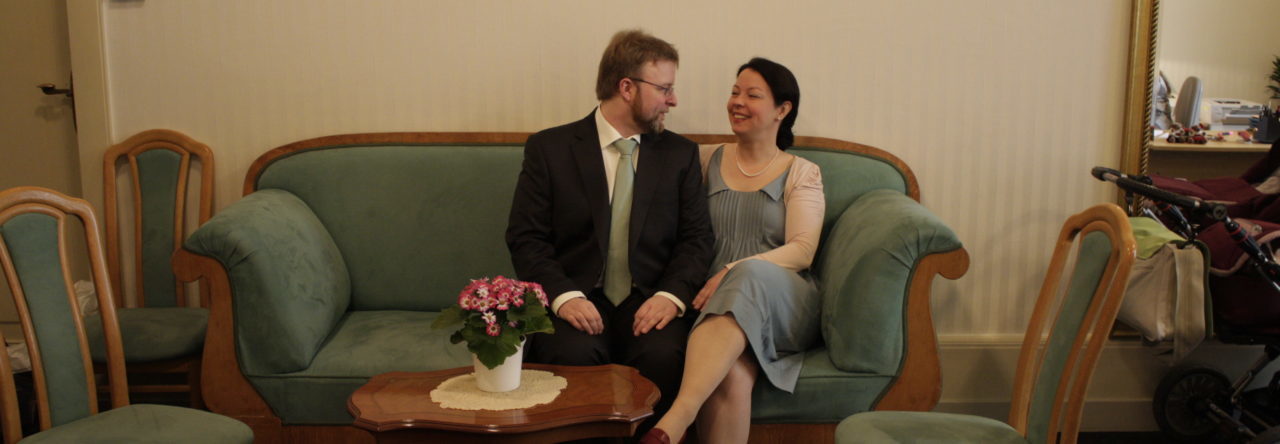Instead of dutifully working on Joomla module programming I spent the evening finishing Kim Stanley Robinsons Forty Signs of Rain, the first book in a trilogy on the consequences of (man-made) global warming.
I’ve seen a lot of people complaining about “the politics” in the book, which I found a bit odd – if you buy a book from a socialist writer on anthropogenic climate change you would expect it to be rife with politics, wouldn’t you, and it didn’t bother me in the least. But I found the book rather verbose (for example I learned a lot more about breastfeeding than I ever cared to know) and yet, while the life of the characters is described in much and often unneccessary detail I had trouble to tell some of the male main characters apart – they are all so remarkably unremarkable and similar.
But perhaps this is due to an artistic concept – I take it that Forty Signs of Rain is building the scenery and that things will get more lively in the sequels. The book introduces a number of characters who in some way are concerned with global warnings and what has been called the “war on science” – Charlie is a staff worker for an american senator, his wife Anna works for the National Science Foundation where she befriends the delegation from a small island nation that suffers from rising sea levels, and we learn about their private and professional lives, dinner partys, baby nursing, work conferences, grant comittees and lobbying work, until climate change ceases to be an academical question or the problem of tiny faraway nations when the coastal cities of Northern America are hit by a sudden flood.
Forty Signs, which could have lost a hundred of its 400 pages without much damage to the story, is still a good read, but in the end not really satisfying. It doesn’t stand very well on its own, and final judgement will depend on the quality of the sequels – Fifty Degrees Below is already waiting on the bedside table while Sixty Days and Counting is not yet available here in Germany. I doubt that KSR will make any proselytes with the series – those who deny anthropogenic global warming will simply dismiss the books as “too political” – but everybody who has accepted the scientific consensus will probably to some extent enjoy the book, which has the main fault that it’s outlook on a troubled future is perhaps to close to reality to be entertaining.

Comments are closed.